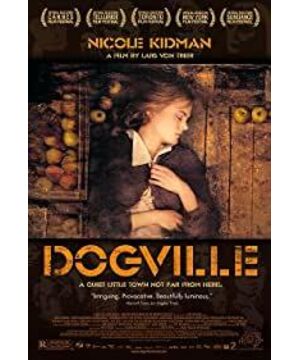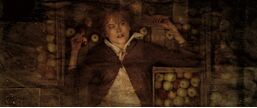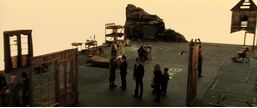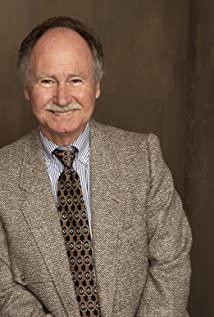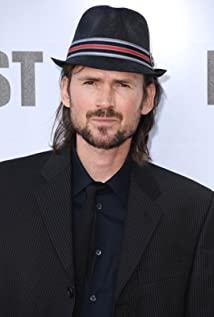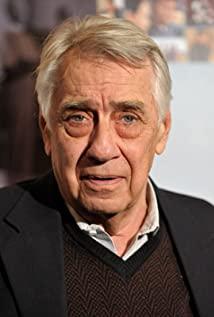"Dogtown" is a 178-minute suspenseful film written and directed by Lars von Trier. The film is composed of Nicole Kidman, Harriet Anderson, Lauren Bacall, and Paul Bay. Starring Tanney, James Kane, etc., premiered on May 19, 2003 in the Lumière Hall of the Palais des Cinemas in Cannes. The background of the film is set in the 1930s in the United States. It tells the story of Grace from escaping from the city into Dogtown and her nightmare experience in Dogtown.
The movie tells the story of Grace from escaping from the city into Dogtown and her nightmare experience in Dogtown. At the end of the story, Grace is actually the daughter of the gang boss. She ran away from her father because she didn't want to take over her family. The so-called wanted order was just a method used by her father to find her daughter. Dad found his tortured daughter in Dogtown. Under Grace's instruction, the entire town was reduced to a sea of flames, and everyone in the town was shot to death. The ending is very happy, but the evil of human nature is vividly shown in the whole movie.
Why would the once simple residents become such a demon? They may not realize that what they did was wrong before they died. In fact, all this is attributed to Grace's so-called kindness and forgiveness. Even if she was treated unfairly, Grace did not complain, but silently assumed it. The consequence of this is more and more unfair treatment. When Grace can't bear it, things are already out of control. In the eyes of the residents, there is nothing wrong with all of this. I have protected you and taken risks for this. You should have a higher return to me. But for the excessive demands, Grace also accepted one by one, which also contributed to the greedy arrogance of the residents, and Grace's situation was actually her own responsibility.
The conflict between Grace and Dad is actually related to forgiveness. Grace does not agree with her father's violent behavior. She believes that all people should be forgiven by God. Blindly violence is nothing but "arrogance". It is precisely this "arrogance" that annoys Dad that there will be escape. But my father didn't think so. The dialogue between father and daughter was a classic.
The Virgin is like Grace, standing at the highest point of morality and pointing everything out, and those who don't care about making mistakes should be punished. If Grace said "no" at the first improper request, would those originally simple residents become sinners imprisoning others step by step? Human nature has always been a very fragile thing, unable to withstand temptation, unable to withstand hardships. Even if she was as kind as Grace, at the end of the day, Grace replaced herself as the townsfolk, but she couldn't forgive the sins committed by the townsfolk, so the killing ended. Grace is lucky. She has a family and rights that can redeem her from torture. But most people are not so lucky. When they or their family members are violated by the offender, if forgiveness is advocated, I think they can only commit the crime again.
It is God's business to forgive sins, and our task is to send criminals to see God.
I hope that one day, the world will be as sinless as the Virgin had hoped, but before this day comes, let us reject the Virgin and punish the criminals severely.
View more about Dogville reviews


